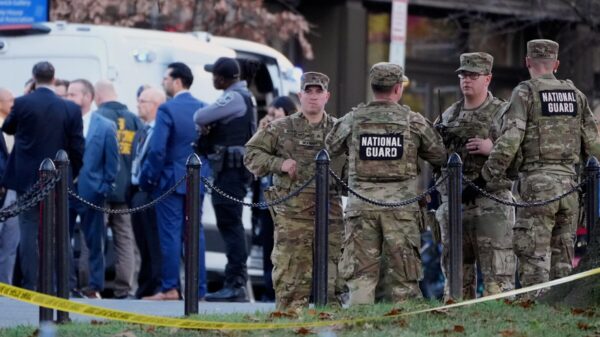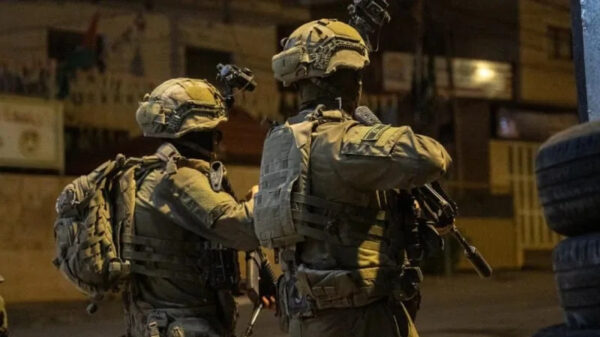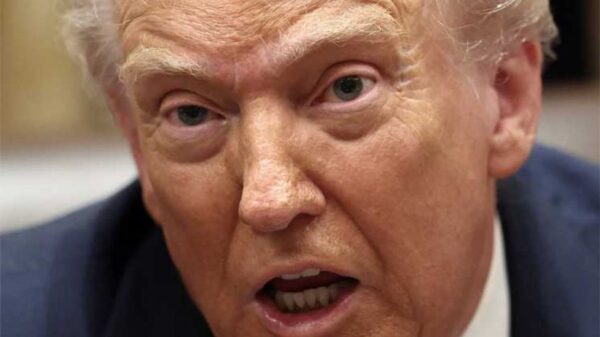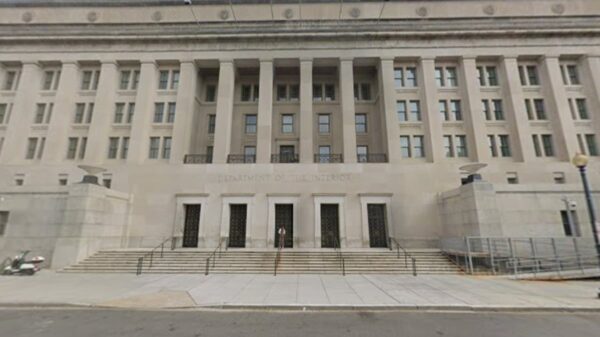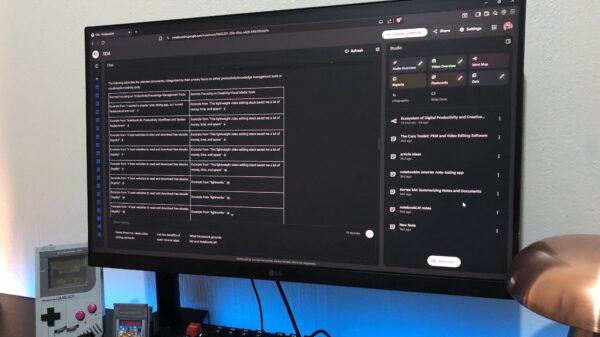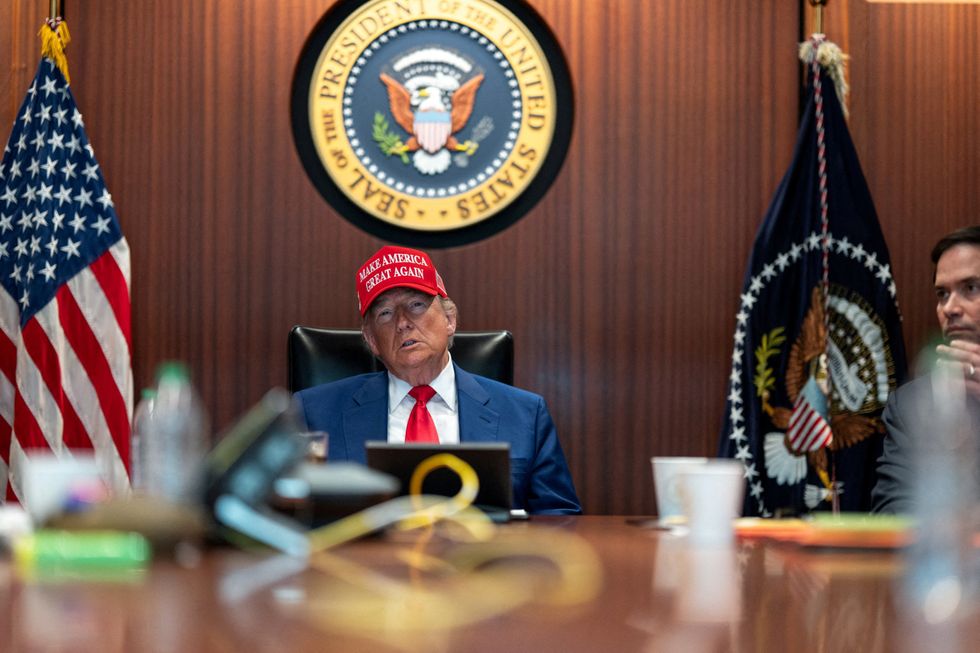BREAKING: A newly uncovered Justice Department memo exposes a significant divide between President Donald Trump’s public narrative and the administration’s private legal rationale regarding the recent missile strikes on drug cartels in the Caribbean. This urgent update emerges as the USS Gerald R. Ford, the most advanced aircraft carrier in the world, has just arrived in the area, intensifying the situation.
Recent reports confirm that the Trump administration has framed these strikes as acts of collective self-defense on behalf of allies such as Mexico and Colombia, according to sources familiar with a classified opinion from the Office of Legal Counsel. This legal interpretation suggests that the drug cartels are engaged in armed violence against these governments, funded by profits from multimillion-dollar cocaine shipments. However, the validity of this claim is under scrutiny.
The memo indicates that the strikes, which have already resulted in over 80 deaths, are aimed at targeting cocaine shipments. The legal analysis controversially posits that any fatalities, including civilian casualties, should be classified as enemy casualties or collateral damage rather than murder. This stands in stark contrast to Trump’s public assertion that these actions are primarily aimed at combating U.S. overdose deaths, raising serious questions about the administration’s messaging.
A White House official has clarified that Trump’s statements do not constitute a legal argument, yet they remain the only public justification for the strikes. Critics, including law professor Martin Lederman, a former deputy assistant attorney general, argue that the legal rationale is fundamentally flawed. “A significant problem with this theory is that they still have not identified any state that’s engaged in an armed conflict with a particular cartel,” Lederman stated, emphasizing the lack of concrete evidence supporting the administration’s claims.
The Pentagon has yet to comment on these revelations, leaving many to wonder about the implications of this legal theory on U.S. foreign policy and military action.
As this situation develops, all eyes are on the Caribbean, where the deployment of the USS Gerald R. Ford signals a potentially escalated military presence. The urgency of these developments cannot be understated, as the stakes for both U.S. allies and domestic policy continue to rise.
Stay tuned for more updates as this story unfolds. The implications of these strikes and the legal justifications behind them could reshape U.S. engagement in the region and influence public opinion on drug policy at home.




